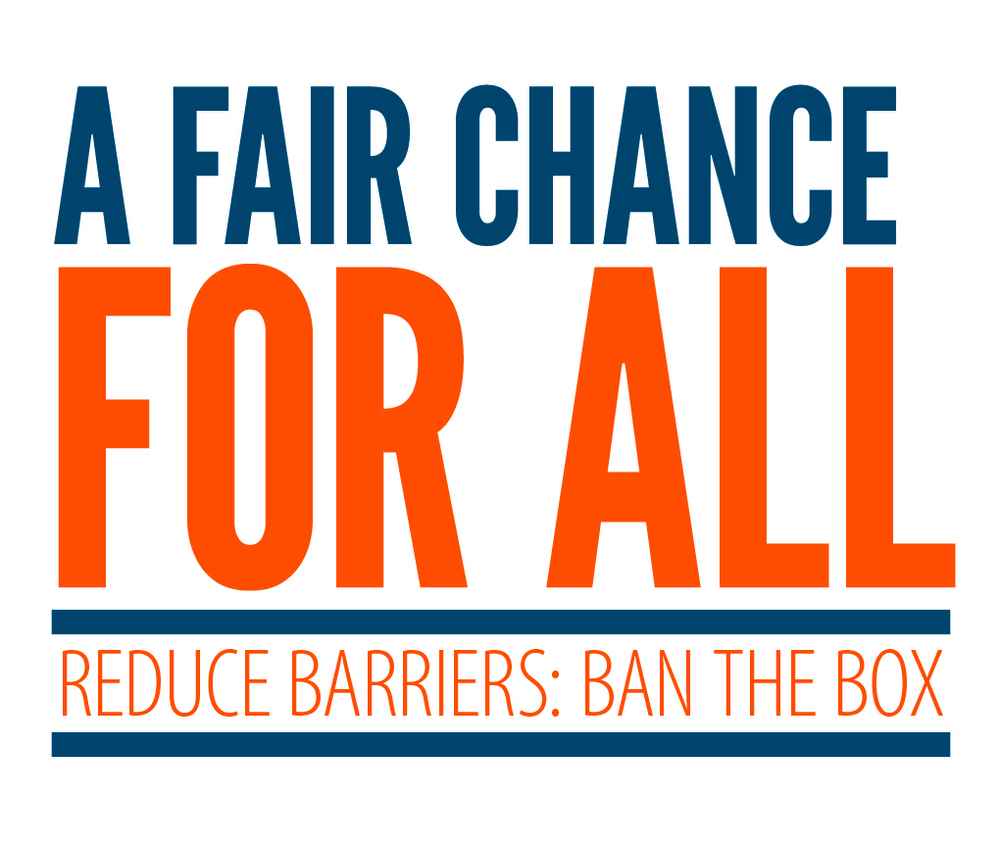We post news and comment on federal criminal justice issues, focused primarily on trial and post-conviction matters, legislative initiatives, and sentencing issues.

ANOTHER YEAR OLDER AND DEEPER IN DOUBT
 A year ago last Saturday, President Trump signed the First Step Act. A year later, I wish it was benefiting as many people in the system as hoped for by its proponents:
A year ago last Saturday, President Trump signed the First Step Act. A year later, I wish it was benefiting as many people in the system as hoped for by its proponents:
• First Step was intended to be just that, a first step. Follow-on legislation, S.697 (dubbed The Next Step Act), will improve prospects for job placement when people are released, is tied up in House and Senate subcommittees. With the 2020 presidential election season starting in two weeks, there is virtually no likelihood (Skopos Labs, the company that handicaps Congressional bills, gives it a 4% chance) that it will pass next year.
• First Step expanded the elderly offender home detention program enshrined in 34 USC § 60541(g)(5). This permits people over 60 years old who are nonviolent offenders to serve that last third of their sentences in home confinement. The rub is that the “two-thirds” referred to in the measure means two-thirds of the whole sentence. With good conduct time credits, a prisoner now serves only 85% of his or her sentence. It appears that no one thought carefully about it, because H.R.4018 was introduced this year to clarify things by permitting elderly offenders to go home at two-thirds of their net sentence (time to be served minus good time) instead of two-thirds of their total sentence. The measure passed the House by voice vote in October. Last week, the bill was put on the Senate Calendar of Business under general orders (the Calendar is a list of all measures, sequenced by order number, that are eligible for Senate floor consideration). Nevertheless, Skopos Labs gives the bill only an 8% chance of passage in 2020.
 • Last week, Congress passed and the President signed the Fair Chance Act, which started life as HR 1076, but was later tucked into a massive defense spending. The bill bars the federal government and its contractors from asking about the criminal history of a job applicant prior to the extension of a conditional offer of employment.
• Last week, Congress passed and the President signed the Fair Chance Act, which started life as HR 1076, but was later tucked into a massive defense spending. The bill bars the federal government and its contractors from asking about the criminal history of a job applicant prior to the extension of a conditional offer of employment.
• The Bureau of Prisons reports that so far, over 2,400 Fair Sentencing Act reductions have been granted (reducing prison time by 14,250 years), 380 elderly offender home confinement placements have been approved, 117 compassionate releases have been granted, and more than 1,700 new volunteers have been OK’d to work in institutions.
• Meanwhile, the BOP reported that Fiscal Year 2018 “cost of incarceration fee” per inmate was about $37,500 a year, which works out to about $102 a day. Multiplying this number by the FSA reduction of 14,250 years of prison time suggests that First Step’s crack retroactivity provision of has saved taxpayers around over $500 million.
• We have yet to see whether the PATTERN risk and needs analysis, proposed by the Dept. of Justice with great fanfare last July, and programming that earns prisoners additional time off sentences and in reentry programs will work as legislators hoped. Early reports have the Bureau of Prisons telling many more prisoners they are ineligible than anticipated by the bill, and warning that program credits may not be awarded for several years. Those reports – mostly from inmates and, while not confirmed, seem consistent across the system – are not encouraging.
 • Finally, The Sentencing Project reports that First Step’s authorization of $75 million per year – about $400 per prisoner – “falls far short of what is necessary to address the rehabilitative needs of people in prison. In July, the DOJ released data that dramatically highlighted the deficit in federal prison programming. Among the 223,000 people released from BOP custody from 2009 to 2015, 49% had not completed any programming while in custody and 57% of people in need of drug treatment had received no services.”
• Finally, The Sentencing Project reports that First Step’s authorization of $75 million per year – about $400 per prisoner – “falls far short of what is necessary to address the rehabilitative needs of people in prison. In July, the DOJ released data that dramatically highlighted the deficit in federal prison programming. Among the 223,000 people released from BOP custody from 2009 to 2015, 49% had not completed any programming while in custody and 57% of people in need of drug treatment had received no services.”
Reuters, Congress poised to pass bill lowering barriers to work for ex-offenders (Dec. 17)
Sentencing Project, One Year After the First Step Act: Mixed Outcomes (Dec. 17)
– Thomas L. Root

